Gathering Together
The ����91��Ƶ Anti-Colonial Course Design Forum
Wednesday, February 19 & Thursday, February 20
10 a.m.–3:30 p.m.
Hyflex: Online & In-Person (Killam Library,����and B400)
��(opens in new window)*
*In-person registration is now closed.
Curated to advance our collective understanding and implementation of anti-colonial course design, this two-day hyflex (in-person and online accessible) event offers workshops and sessions with the aim of bringing together educators who are actively engaged or interested in exploring anti-colonial approaches within their teaching practices. With a diverse disciplinary range of presenters from ����91��Ƶ and Mount Saint Vincent University,��facilitators and participants will engage with themes such as centering Mi’kmaw perspectives, community-engaged course design, challenges associated with anti-colonial course design, and land and/or community-based teaching & learning. In addition to these sessions, a Curiosity & Connection Space is being held at the end of each day (2:45-3:30 p.m.), as a gathering space intended to foster dialogue, encourage collaboration, and support relationship building among participants.��
Coffee, tea, water, light refreshments, and lunch will be provided for in-person attendees.
Creating an accessible and optimal learning environment is paramount for the CLT: please email us at clt@dal.ca to let us know if you anticipate any barriers we will need to remove in the learning environment, or if there is anything in particular you feel we should know that will best facilitate your learning experience. The information you share will be kept confidential and only shared with the session facilitators.
We also ask that participants be respectful of those with significant allergies and avoid wearing perfume, aftershave, cologne, and highly scented hairspray, soaps, lotions, and shampoos.
��
Forum�� Location
Killam Library
6225 University Avenue, Halifax, NS
Rooms
Program
��
Wednesday, February 19
10–10:15 a.m.
10:15–11:15 a.m.
11:15–11:30 a.m.
Break
11:30 a.m.–12:30 p.m.
12:30–1:30 p.m.
Lunch - Vegetarian chili and lusknikn (Mi'kmaq bread) provided or bring your own
1:30–2:15 p.m.
1:30–2:30 p.m.
2:30–2:45 p.m.
Break��
2:45–3:30 p.m.
Thursday, February 20
��
10–11 a.m.
11–11:15 a.m.��
Break
11:15 a.m.–12 p.m.
12:05–12:30 p.m.
12:30–1:30 p.m.��
Lunch - Chicken shawarma, salad, rice and falafel (vegetarian) wraps provided or bring your own
1:30–2:30 p.m.
2:30–2:45 p.m.
Break
2:45–3:30 p.m.
Questions?
Reach out to one the the Forum Co-Organizers:
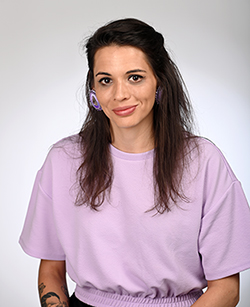 Rachelle McKay, MA (she/her) Educational Developer (Indigenous Knowledges and Ways of Knowing) Rachelle.McKay@dal.ca |
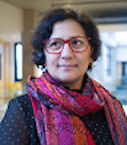 Shazia Nawaz Awan, Ed.D. Educational Developer (Internationalization & Intercultural Competency) shazia.awan@dal.ca |
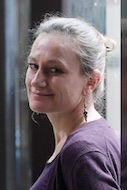 Tereigh Ewert (she/her) Senior Educational Developer (Anti-oppressive and Transformative Education) tereigh.ewert@dal.ca |
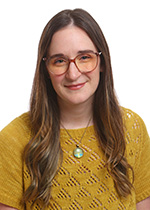 Kate Thompson, PhD (she/her) Educational Developer (SoTL) thompskm@dal.ca |
Acknowledgement of Wabanaki Territory
We recognize that ����91��Ƶ University campuses are located on the unceded and traditional territories of the Mi’kmaq, Wolastoqey, and Peskotomuhkati peoples. We are grateful to live, work, and be able to hold this event in Mi’kma’ki, as uninvited guests to this territory. As educational developers and educators seeking to decolonize our teaching and learning practices, we aim for our work to be informed by the guidance and wisdom of Indigenous scholars, Elders, and knowledge holders. We are extremely grateful for the Indigenous faculty, students, and staff contributing to this event and encourage Indigenous community members from ����91��Ƶ, Mi’kma’ki, the Wabanaki Confederacy, and beyond to attend.

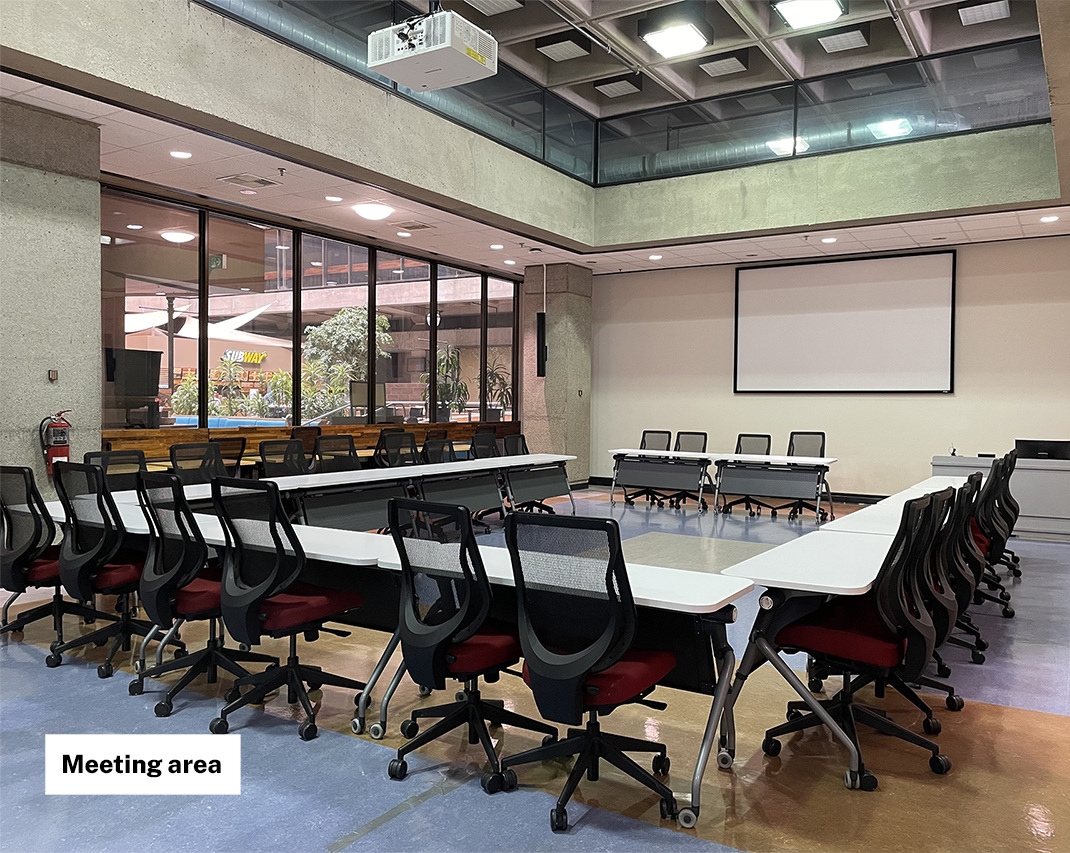
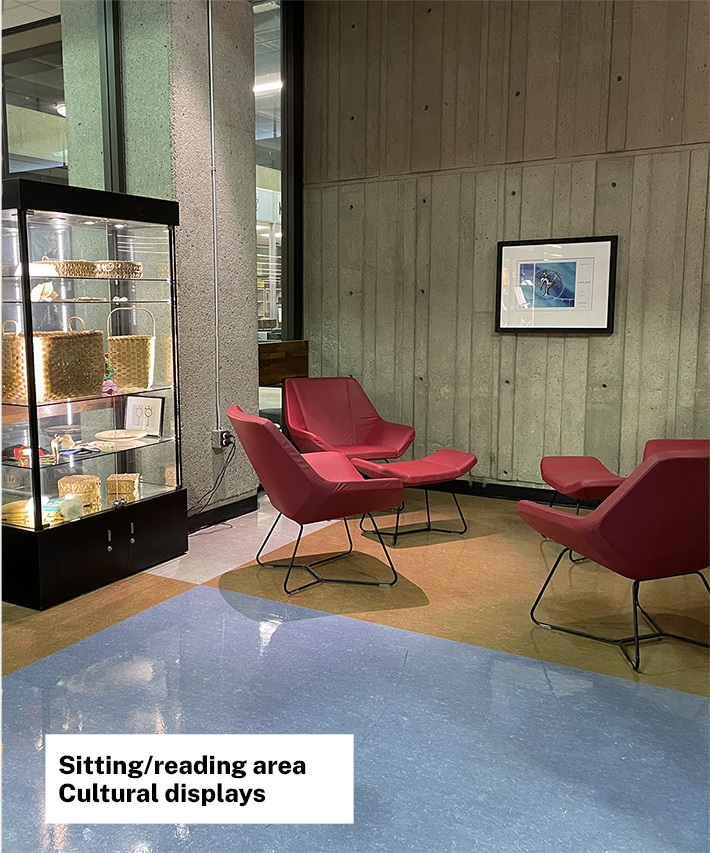
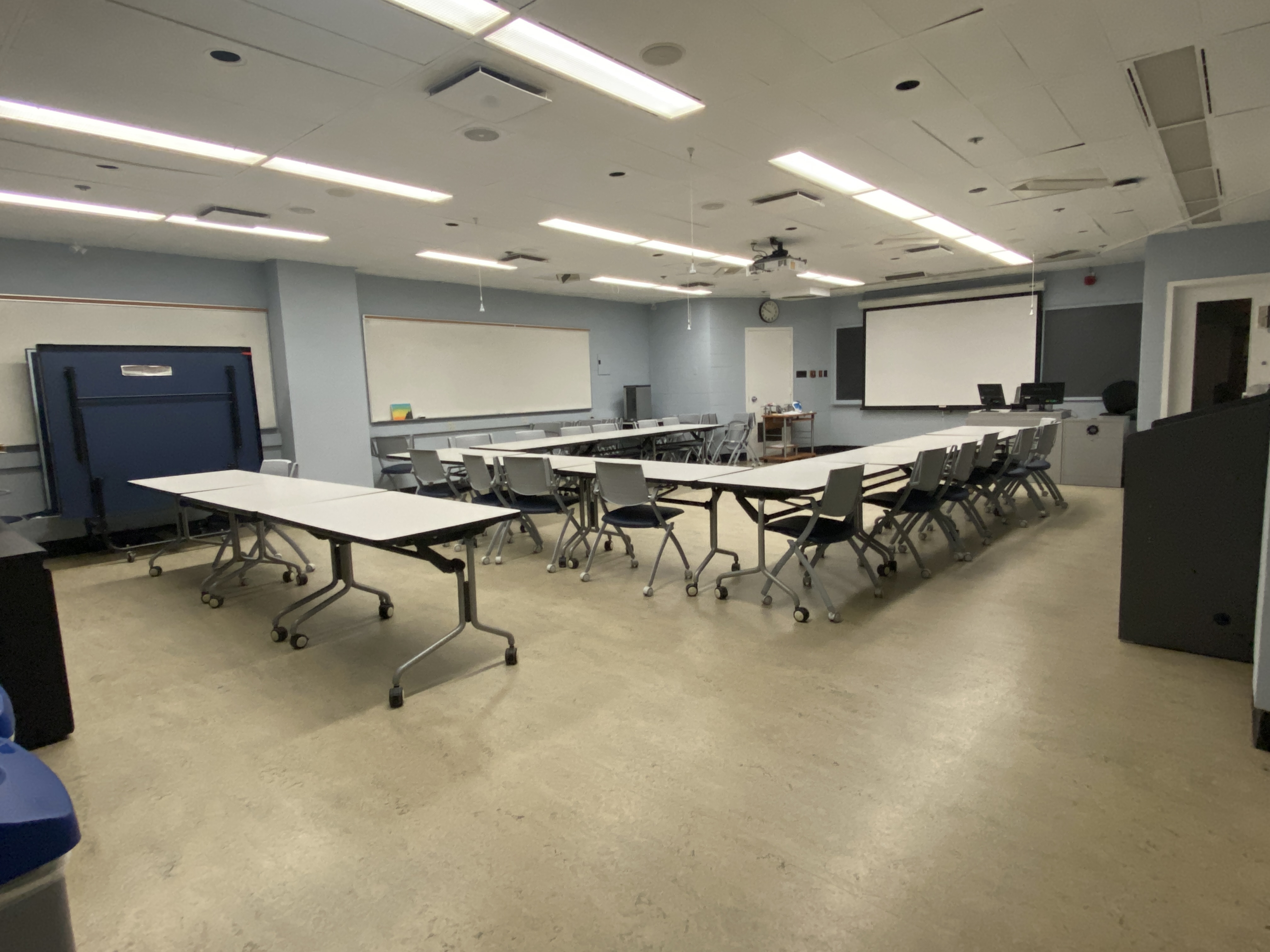
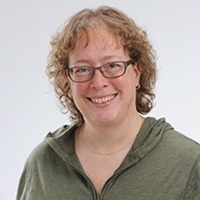
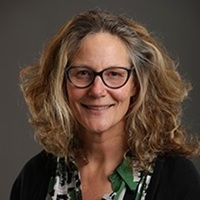
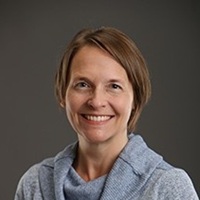 Niki Kiepek, PhD, LLM, OT Reg (NS), is a settler of Polish, Swedish, and Irish heritage. She is an occupational therapist and occupational scientist who has been teaching at ����91��Ƶ for over 10 years.
Niki Kiepek, PhD, LLM, OT Reg (NS), is a settler of Polish, Swedish, and Irish heritage. She is an occupational therapist and occupational scientist who has been teaching at ����91��Ƶ for over 10 years.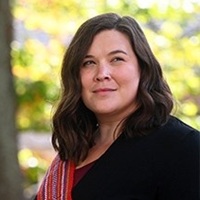

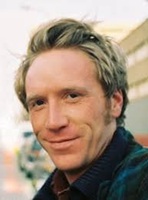
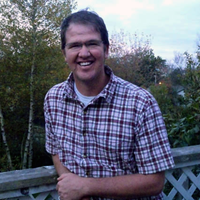 Dr. Theunissen holds a PhD in International Development Studies. Shane is particularly interested in concepts of epistemology and ontology and enjoys teaching and learning about research methodologies. His interest in this subject area, and concurrent graduate work on Indigenous education, stem from his childhood and education in South Africa, and a six year teaching tenure in an isolated, fly-in, aboriginal community, where he initiated and implemented an Environmental Education program as a response to the acculturating influences of standardized curricula within the community-school’s classrooms.
Dr. Theunissen holds a PhD in International Development Studies. Shane is particularly interested in concepts of epistemology and ontology and enjoys teaching and learning about research methodologies. His interest in this subject area, and concurrent graduate work on Indigenous education, stem from his childhood and education in South Africa, and a six year teaching tenure in an isolated, fly-in, aboriginal community, where he initiated and implemented an Environmental Education program as a response to the acculturating influences of standardized curricula within the community-school’s classrooms.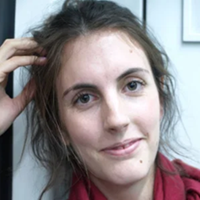
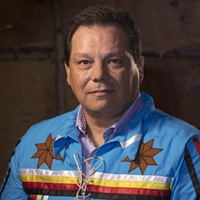
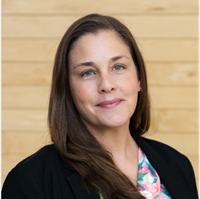
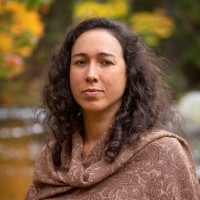
 Dr. Raghav V. Sampangi (he/him) is currently based in K'jipuktuk (Halifax) within the ancestral and unceded territory of the Mi'kmaq. He is a Senior Instructor at the Faculty of Computer Science and a Faculty Associate at the ����91��Ƶ Centre for Learning and Teaching at ����91��Ƶ University. His interests include topics in teaching and learning including well-being and belonging, and aspects of usable security and privacy in web/mobile computing. He is a 3C (Cultural Competence in Computing) Fellow at Duke University. Raghav is deeply invested in fostering a supportive learning environment, particularly through initiatives that emphasize curiosity, critical thinking, and resilience. He actively collaborates with colleagues on innovative educational practices, including the integration of principles within computer science curricula that promote belonging. With certification in Mental Health First Aid from the Mental Health Commission of Canada and experience in well-being initiatives, Raghav actively contributes to campus mental health and well-being efforts, such as through serving on the steering group of ����91��Ƶ’s Be Well Campus Well-Being initiative, supporting mental health within academic communities.
Dr. Raghav V. Sampangi (he/him) is currently based in K'jipuktuk (Halifax) within the ancestral and unceded territory of the Mi'kmaq. He is a Senior Instructor at the Faculty of Computer Science and a Faculty Associate at the ����91��Ƶ Centre for Learning and Teaching at ����91��Ƶ University. His interests include topics in teaching and learning including well-being and belonging, and aspects of usable security and privacy in web/mobile computing. He is a 3C (Cultural Competence in Computing) Fellow at Duke University. Raghav is deeply invested in fostering a supportive learning environment, particularly through initiatives that emphasize curiosity, critical thinking, and resilience. He actively collaborates with colleagues on innovative educational practices, including the integration of principles within computer science curricula that promote belonging. With certification in Mental Health First Aid from the Mental Health Commission of Canada and experience in well-being initiatives, Raghav actively contributes to campus mental health and well-being efforts, such as through serving on the steering group of ����91��Ƶ’s Be Well Campus Well-Being initiative, supporting mental health within academic communities.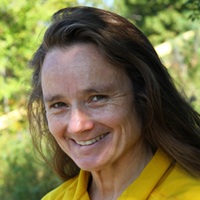 Joy Galloway-Jones has been actively involved with the Faculty of Agriculture since 2009 through a variety of roles, becoming a full-time instructor in 2019. She holds a Bachelor’s degree in Life Science, Secondary Education, a Master’s in Education, and a Certificate in Adult Education as well as the Faculty Certificate in Teaching and Learning. She is a passionate ally, coached the 2023 Team Mi’kmaw NS Athletics Team for the North American Indigenous Games, and worked as a consultant for the Indigenous Fire Marshals Office designing educational programs to help lower the incidence of fatal fires in communities.
Joy Galloway-Jones has been actively involved with the Faculty of Agriculture since 2009 through a variety of roles, becoming a full-time instructor in 2019. She holds a Bachelor’s degree in Life Science, Secondary Education, a Master’s in Education, and a Certificate in Adult Education as well as the Faculty Certificate in Teaching and Learning. She is a passionate ally, coached the 2023 Team Mi’kmaw NS Athletics Team for the North American Indigenous Games, and worked as a consultant for the Indigenous Fire Marshals Office designing educational programs to help lower the incidence of fatal fires in communities.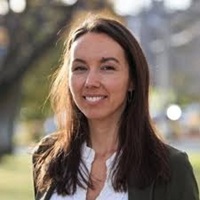 Diane Obed is an Inuk woman mixed with white settler ancestry originally from Arvetok (place of bowhead whales), Nunatsiavut, colonially known as Hopedale, Labrador. She is a mother, writer, and scholar currently living and studying in Kaqpese’kaqnk (smelt fishing place), along the northern shore of Piktuk, Mi’kma’ki, colonially known as Nova Scotia. As part of her doctoral research in the Educational Foundations PhD program at Mount Saint Vincent University she is exploring the intersections between Indigenous land education and contemplative ecological studies to draw on ancient wisdom needed for modern day psycho-social issues such as cultivating inner resources to be able to face and engage in learning and dialogue about the current climate crisis. Diane recently co-taught the Indigenous Knowledges and Curriculum 5212 course in-person in MSVU’s B.Ed. program and the Indigenous Knowledges online graduate course at Viridis Graduate Institute, an institute for Ecopsychology and Environmental Humanities.
Diane Obed is an Inuk woman mixed with white settler ancestry originally from Arvetok (place of bowhead whales), Nunatsiavut, colonially known as Hopedale, Labrador. She is a mother, writer, and scholar currently living and studying in Kaqpese’kaqnk (smelt fishing place), along the northern shore of Piktuk, Mi’kma’ki, colonially known as Nova Scotia. As part of her doctoral research in the Educational Foundations PhD program at Mount Saint Vincent University she is exploring the intersections between Indigenous land education and contemplative ecological studies to draw on ancient wisdom needed for modern day psycho-social issues such as cultivating inner resources to be able to face and engage in learning and dialogue about the current climate crisis. Diane recently co-taught the Indigenous Knowledges and Curriculum 5212 course in-person in MSVU’s B.Ed. program and the Indigenous Knowledges online graduate course at Viridis Graduate Institute, an institute for Ecopsychology and Environmental Humanities.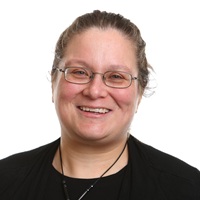 She:kon my name is Kim Lickers, Seneca K from Six Nations in Ontario. My father is Dr. Henry Lickers, Seneca Indigenous scientist and my mother is Bev Lickers. I have two younger brothers and 3 wonderful nieces. My current role at ����91��Ƶ University is as the Medical Sciences Indigenous Cohort Advisor and I support Indigenous students in the Medical Sciences program. I'm also an instructor in the ����91��Ƶ Indigenous Studies Program. I look forward to meeting you. Nia:wen
She:kon my name is Kim Lickers, Seneca K from Six Nations in Ontario. My father is Dr. Henry Lickers, Seneca Indigenous scientist and my mother is Bev Lickers. I have two younger brothers and 3 wonderful nieces. My current role at ����91��Ƶ University is as the Medical Sciences Indigenous Cohort Advisor and I support Indigenous students in the Medical Sciences program. I'm also an instructor in the ����91��Ƶ Indigenous Studies Program. I look forward to meeting you. Nia:wen